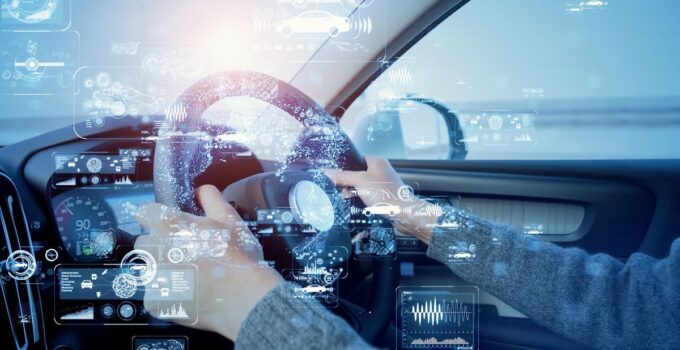Modern cars aren’t just vehicles—they’re rolling data centers. The same technology that makes driving more convenient and connected can also work against you if you find yourself in legal trouble. But how much data is your car really collecting, and how can it be used against you?
1. Your Car Is Constantly Recording Data
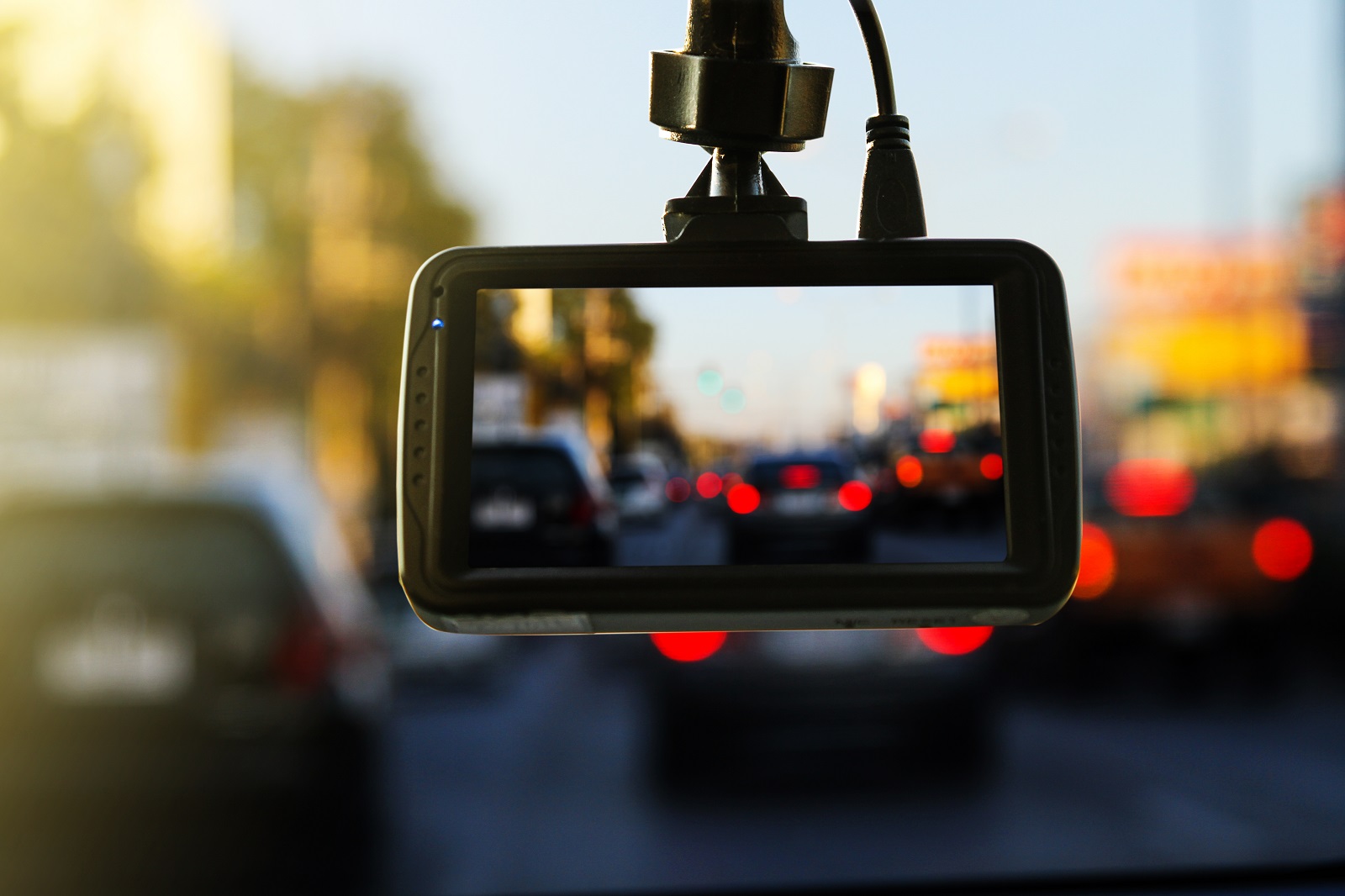
Image Credit: Shutterstock / Titikul_B
Most modern vehicles, especially those manufactured in the last decade, are equipped with Event Data Recorders (EDRs), also known as “black boxes.” These devices record a wide array of information, such as speed, braking patterns, seatbelt usage, and airbag deployment. This data can be retrieved and used to reconstruct the moments before an accident or incident.
2. EDR Data Can Be Used to Prove Fault

Image Credit: Shutterstock / Dmitry Kalinovsky
In the event of a crash, police can use your car’s EDR data to determine who was at fault. For example, if the data shows that you were speeding or failed to brake before a collision, this can be used as evidence against you in court. In 2020, data from an EDR was used in a fatal crash case in Texas, helping to convict the driver who was speeding at the time of the accident.
3. GPS Data Tracks Your Movements
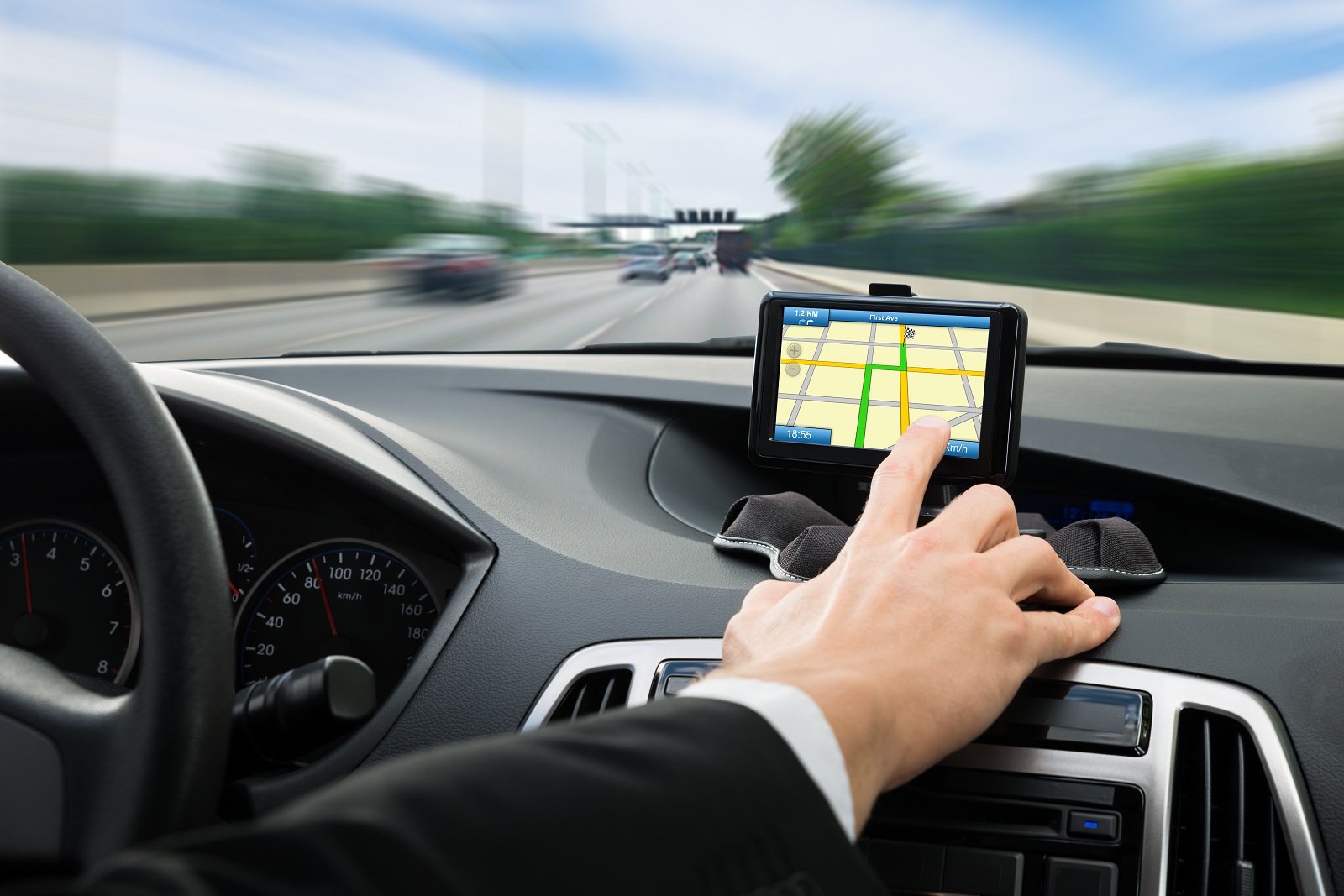
Image Credit: Shutterstock / Andrey_Popov
Many cars today are equipped with GPS navigation systems that record your travel history. Law enforcement can obtain this data to track where you’ve been, potentially placing you at the scene of a crime. In a 2021 case in Illinois, police used a suspect’s vehicle GPS data to link them to multiple locations involved in a criminal investigation.
4. Infotainment Systems Store Personal Information
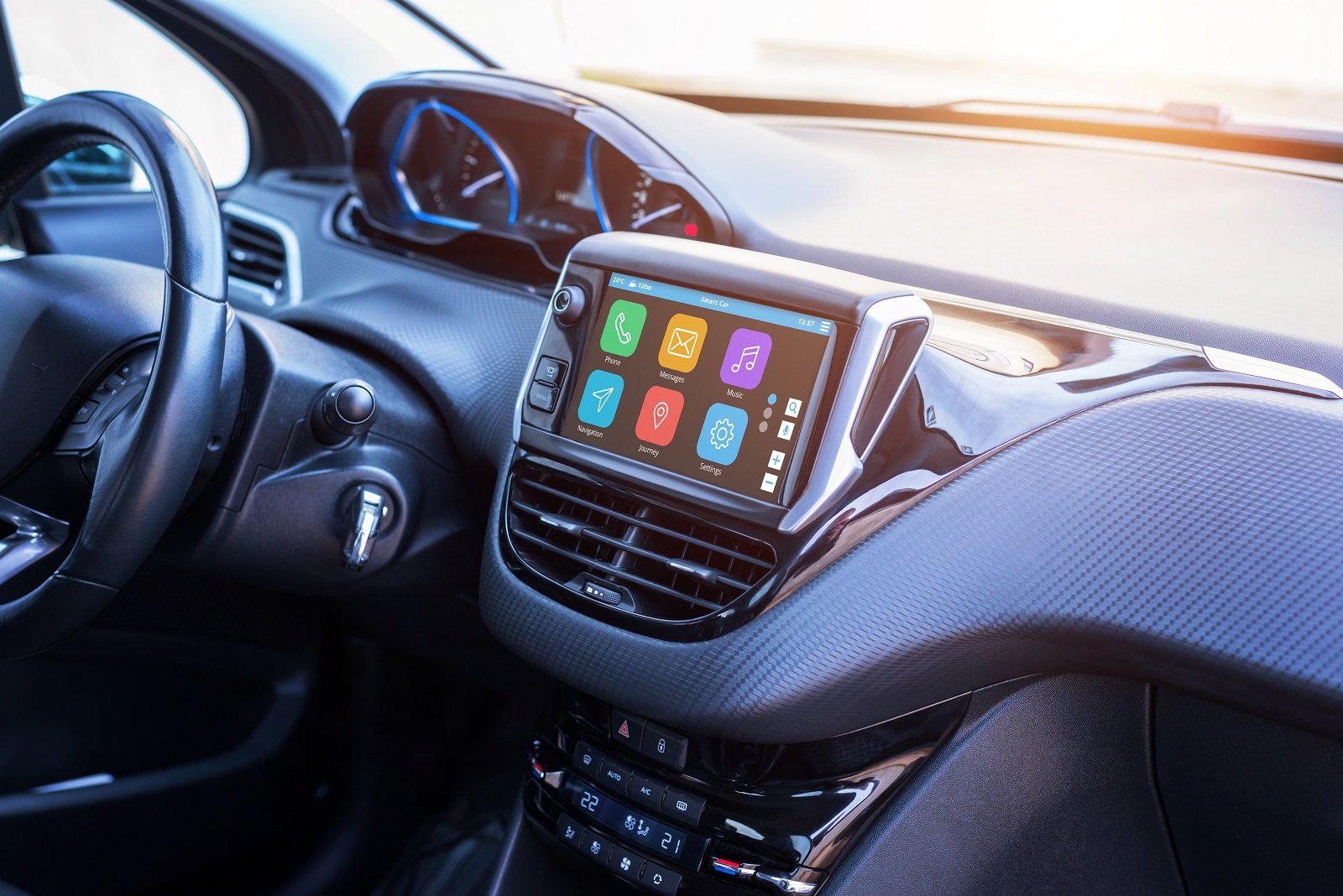
Image Credit: Shutterstock / RSplaneta
Your car’s infotainment system stores more data than you might realize. It can save call logs, text messages, contact lists, and even voice commands. In a 2022 case in California, police accessed a suspect’s infotainment system to retrieve deleted text messages that were later used as evidence in court. This type of data can be particularly damaging if it contradicts your statements or alibis.
5. Traffic Cameras and License Plate Readers
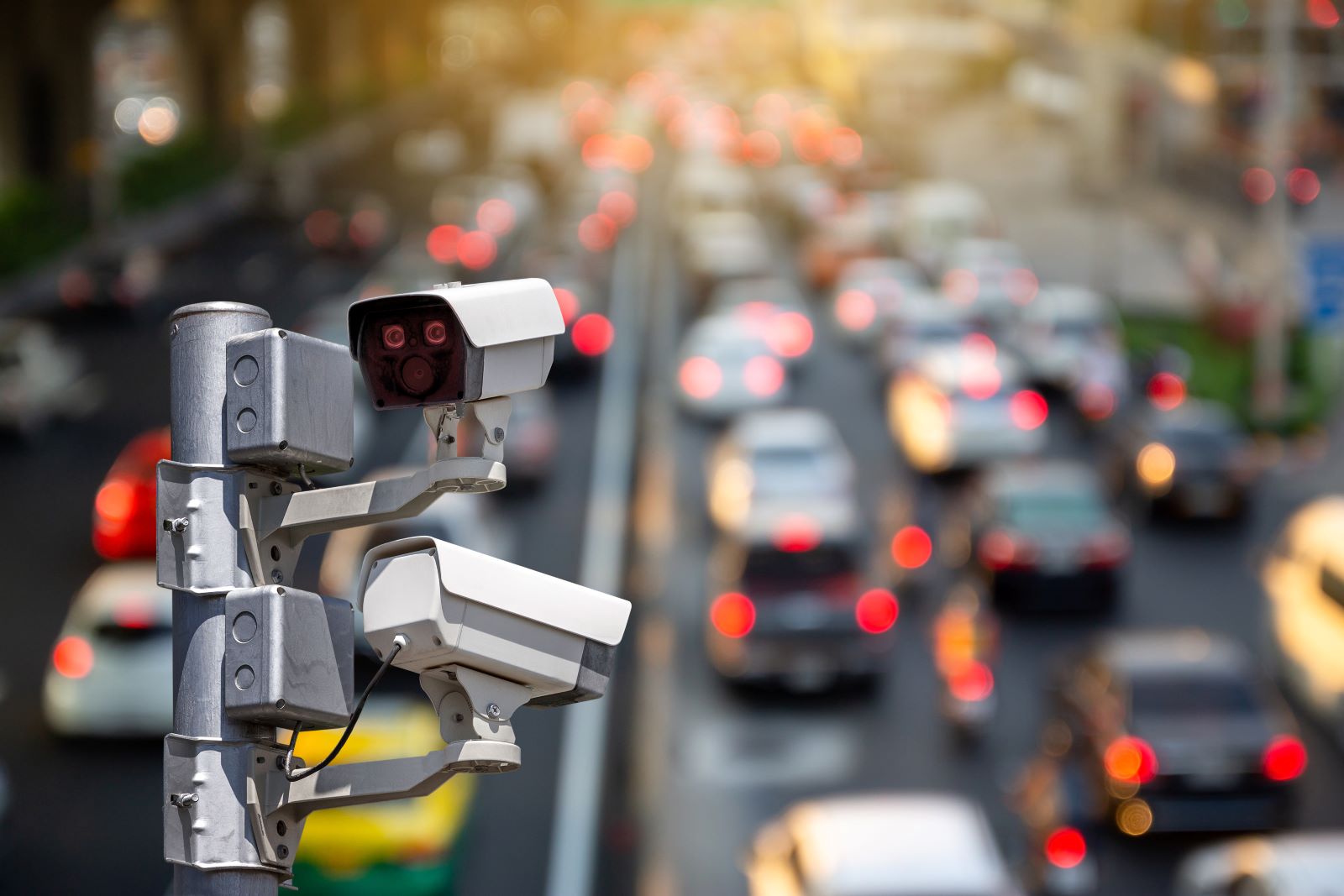
Image Credit: Shutterstock / Sombat Muycheen
Many cities and states use automated license plate readers (ALPRs) and traffic cameras to monitor vehicles on the road. These systems can capture your license plate number, speed, and even photos of you driving. In a 2019 case in New York, ALPR data was used to track a suspect’s movements across multiple state lines, leading to their arrest and conviction.
6. Insurance Companies Share Data with Law Enforcement

Image Credit: Shutterstock / Andrey_Popov
If you’ve signed up for a usage-based insurance program, like Progressive’s Snapshot or Allstate’s Drivewise, your insurer might be collecting data on your driving habits. In some cases, this data can be subpoenaed by law enforcement during investigations. In a 2020 case in Michigan, data from an insurance company’s tracking device was used to prove that a driver was speeding excessively before a fatal accident.
7. Cell Phone Data Synced with Your Car
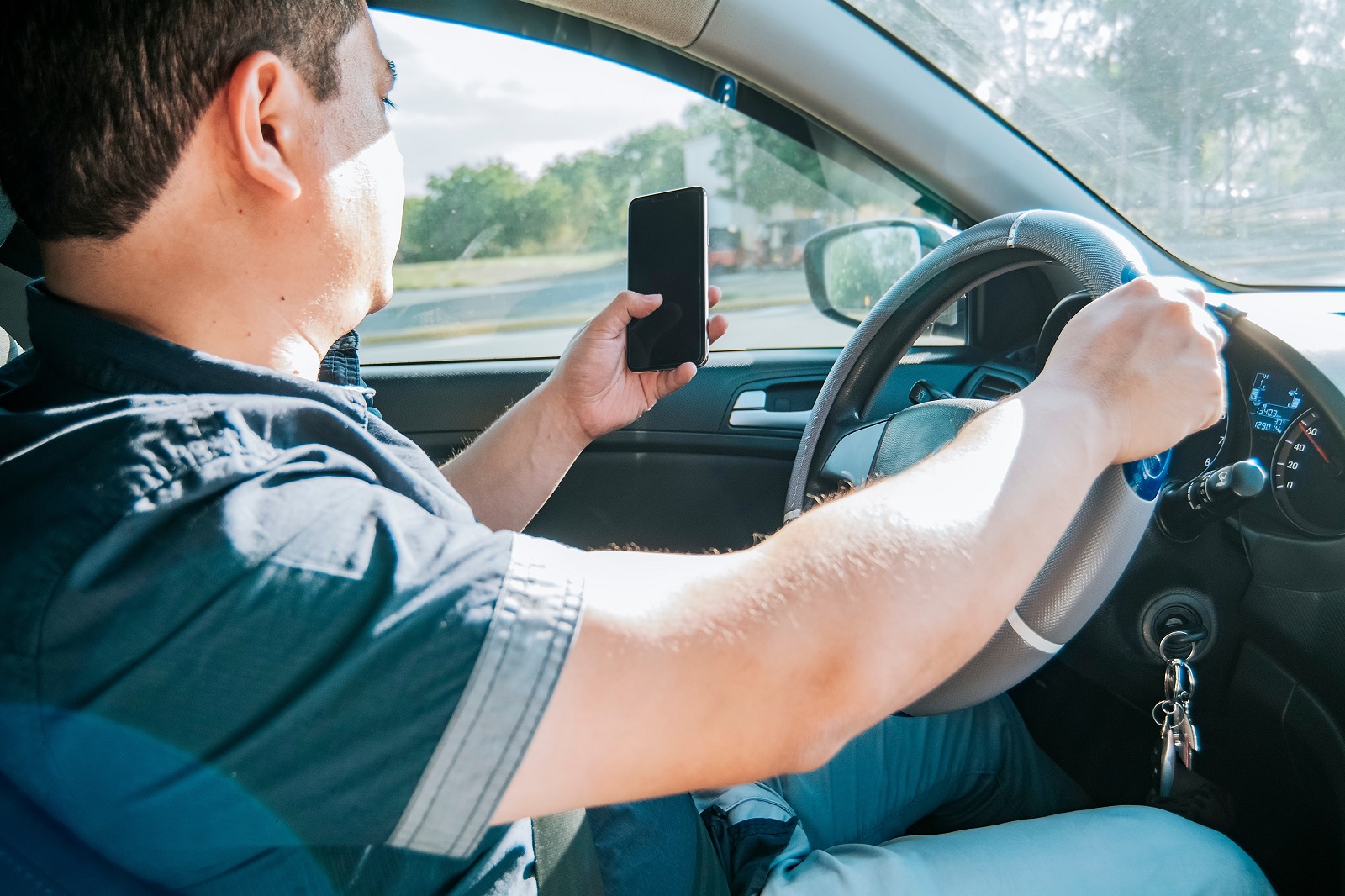
Image Credit: Shutterstock / Netpixi
Many drivers connect their smartphones to their car’s Bluetooth system, syncing contacts, call logs, and even app data. Police can access this information if they obtain a warrant, potentially using it as evidence against you. In a 2021 case in Arizona, data synced from a suspect’s phone to their car was used to place them at the scene of a robbery.
8. E-ZPass and Toll Records
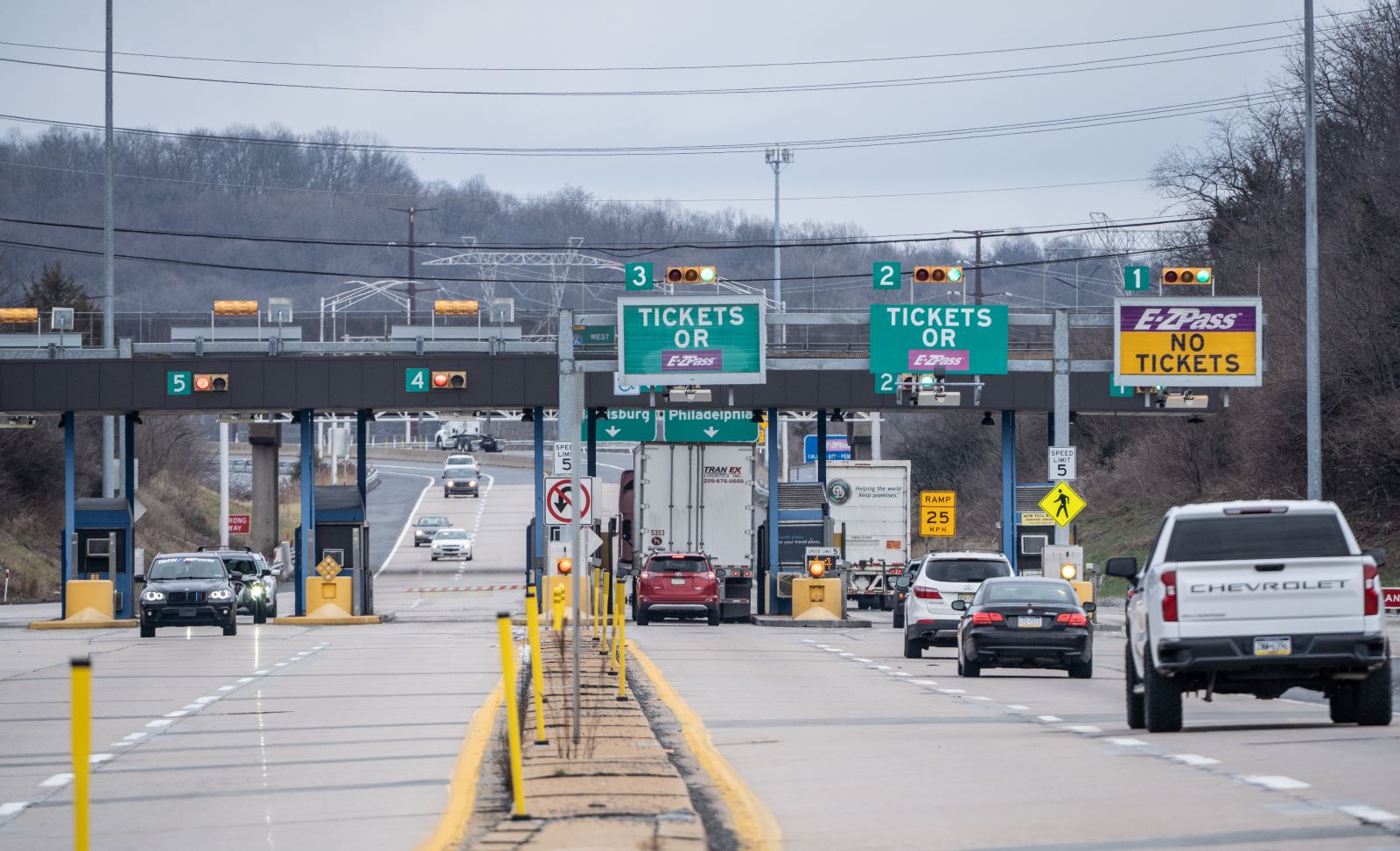
Image Credit: Shutterstock / Amy Lutz
If you use electronic toll systems like E-ZPass, those records can be used to track your movements. Police have used toll data in numerous investigations to establish timelines and locations. In a 2018 case in New Jersey, toll records were used to place a suspect on a specific highway at the time of a crime, helping to secure a conviction.
9. Vehicle Cameras Capture Footage of Accidents
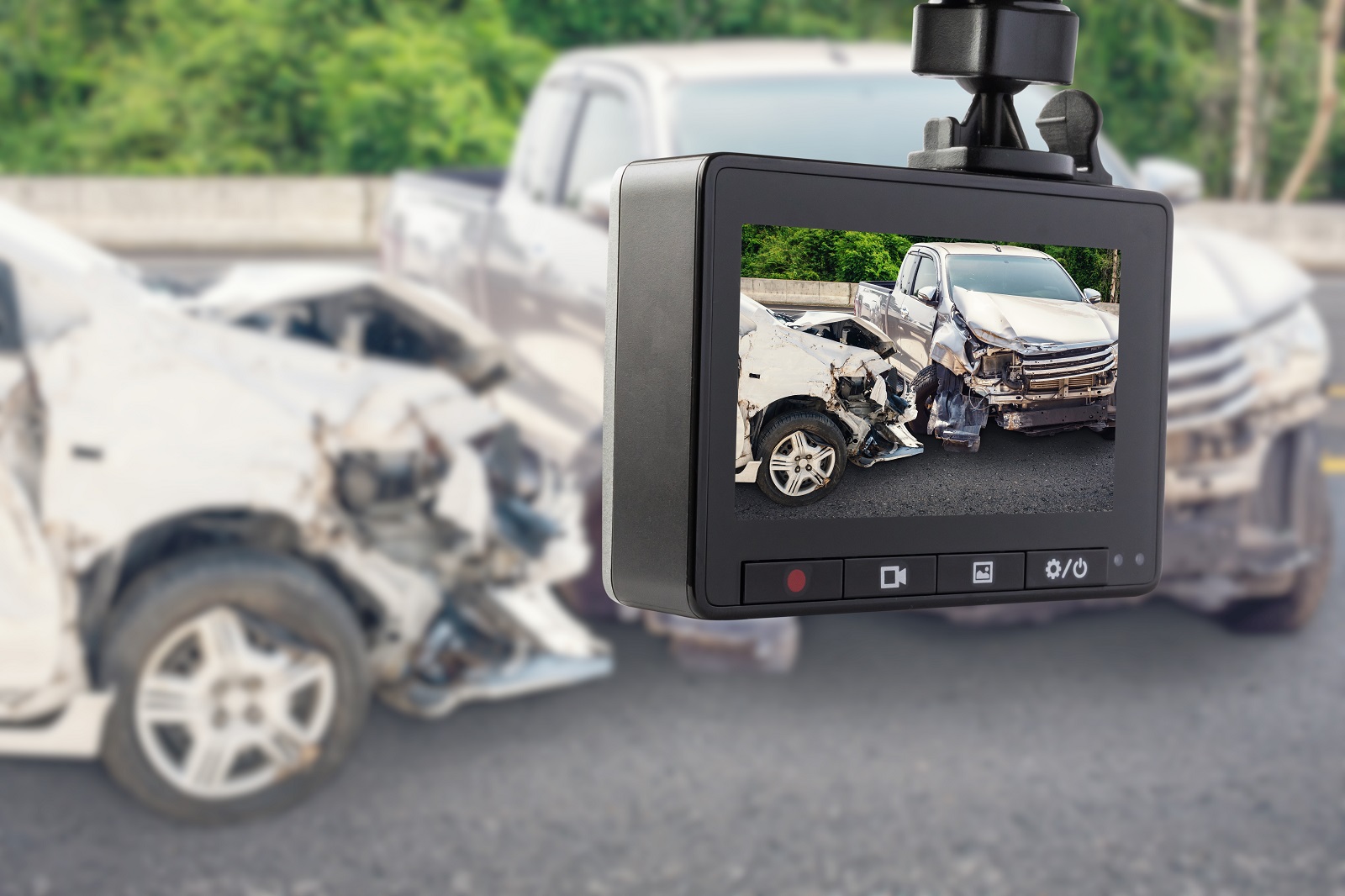
Image Credit: Shutterstock / Kwangmoozaa
Some newer cars come with built-in dash cams or rearview cameras that can record your driving. This footage can be used by police to prove fault in accidents or to establish a timeline of events. In a 2019 case in Florida, dashcam footage from a vehicle involved in a hit-and-run was used to identify the driver and secure a conviction.
10. Manufacturers Can Access Your Data

Image Credit: Shutterstock / Tada Images
Car manufacturers often retain access to the data your car collects, and they may provide it to law enforcement when subpoenaed. In 2022, Tesla handed over vehicle data in a case where a driver claimed the car’s Autopilot feature was at fault in a crash. The data revealed that the driver had ignored multiple warnings to take control of the vehicle, which was used against them in court.
11. Police Can Download Data with a Warrant

Image Credit: Shutterstock / Tero Vesalainen
Law enforcement agencies have specialized tools that allow them to download data directly from your car’s systems, including EDRs, GPS, and infotainment systems. In a 2021 case in Florida, police used one such tool, the Berla iVe system, to extract data from a suspect’s vehicle. The data provided key evidence that led to the suspect’s conviction.
12. Automaker Apps Can Share Data
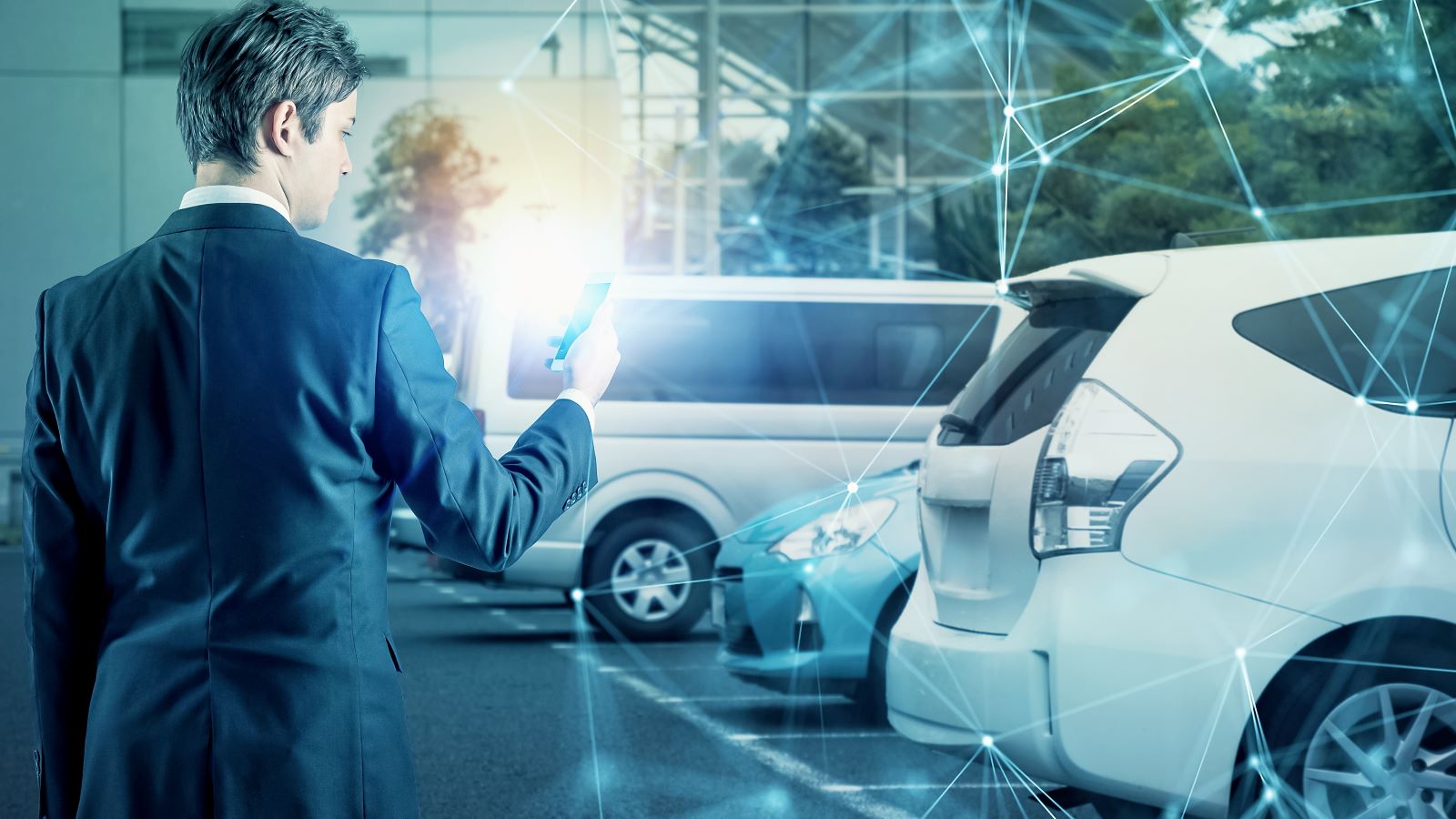
Image Credit: Shutterstock / metamorworks
Many automakers offer apps that connect your phone to your car, allowing you to start the engine, check fuel levels, and more. These apps can also collect data on your driving habits and vehicle usage. In a 2020 case in Texas, data from a connected vehicle app was used to establish a suspect’s location and timeline on the night of a crime.
13. Data Privacy Laws Vary by State

Image Credit: Shutterstock / Thx4Stock team
The rules around how police can access your car’s data vary by state. In some states, police need a warrant to access your car’s EDR or GPS data, while in others, they may be able to access it with less oversight. Knowing your state’s privacy laws can help you understand your rights and how your data may be used against you.
14. Can Data Be Used to Prove Innocence?

Image Credit: Shutterstock / Jacob Boomsma
While car data is often used to convict, it can also be used to prove innocence. In a 2019 case in California, a driver was cleared of wrongdoing after data from their car showed that they were driving at a safe speed before being hit by another vehicle. However, relying on this data cuts both ways—what clears one driver could incriminate another.
15. Black Box Data Can Be Difficult to Challenge

Image Credit: Shutterstock / SynthEx
Once EDR data is presented in court, it can be hard to refute. The data is seen as objective, unlike witness testimony. In a 2021 case in Ohio, a driver tried to argue that the EDR data from their vehicle was inaccurate, but the court accepted the data as valid, leading to a conviction for reckless driving.
16. Data Brokers Sell Your Driving Data

Image Credit: Shutterstock /
Dusan Petkovic
Third-party companies, known as data brokers, sometimes purchase driving data from automakers, insurers, or even car dealerships. While this data is often used for marketing, it can be sold to law enforcement agencies during investigations. In a 2020 case, police in California used data purchased from a broker to track a suspect’s driving habits, which was later used in court.
17. Overreach and Privacy Concerns
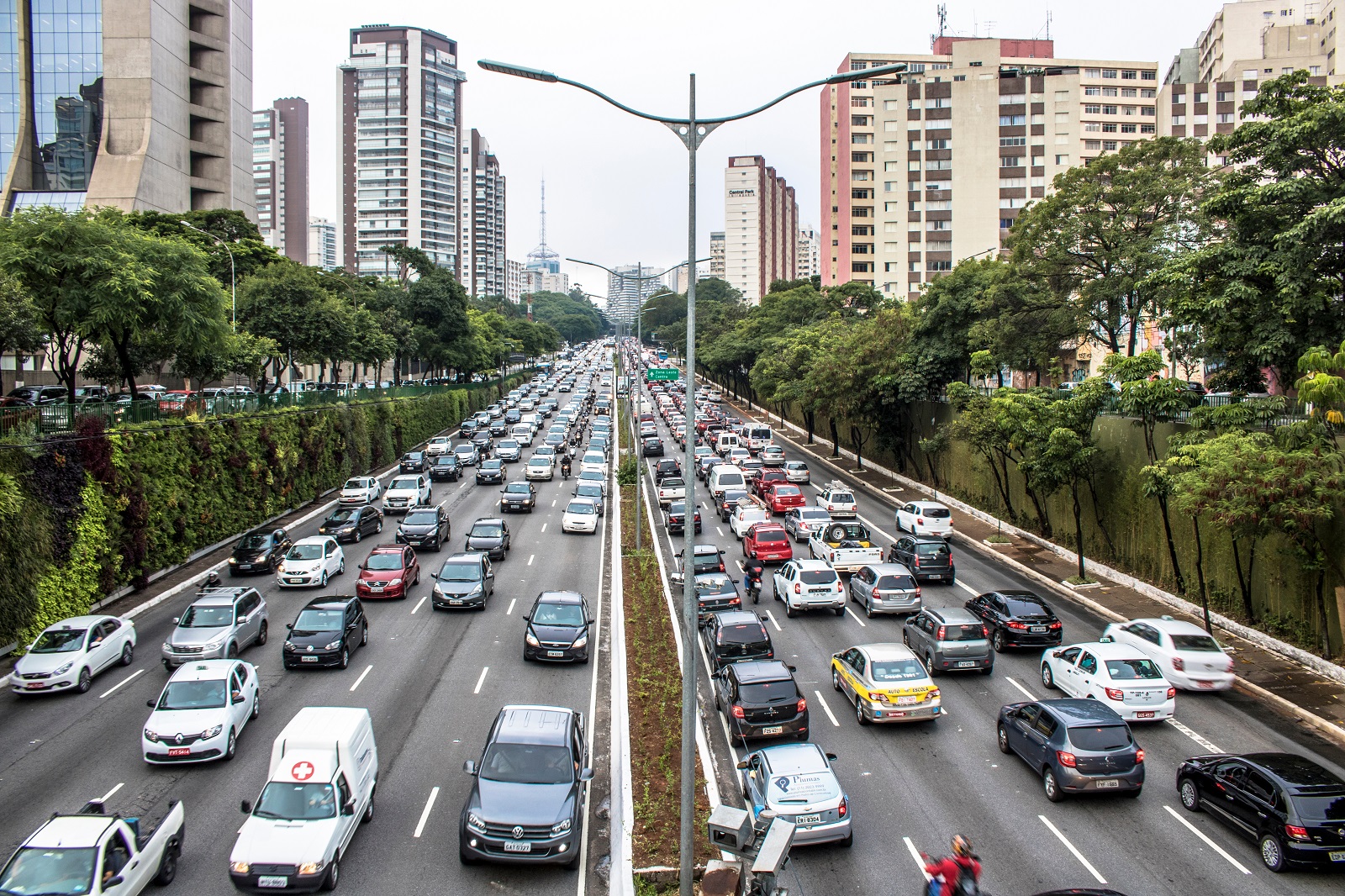
Image Credit: Shutterstock / Alf Ribeiro
The increasing use of car data by law enforcement raises significant privacy concerns. Critics argue that drivers are unaware of just how much data their vehicles are collecting and how easily it can be used against them. Legal experts warn that as cars become more connected, the potential for overreach grows, making it essential for drivers to know their rights and how to protect their data.
18. Protecting Yourself from Data Collection
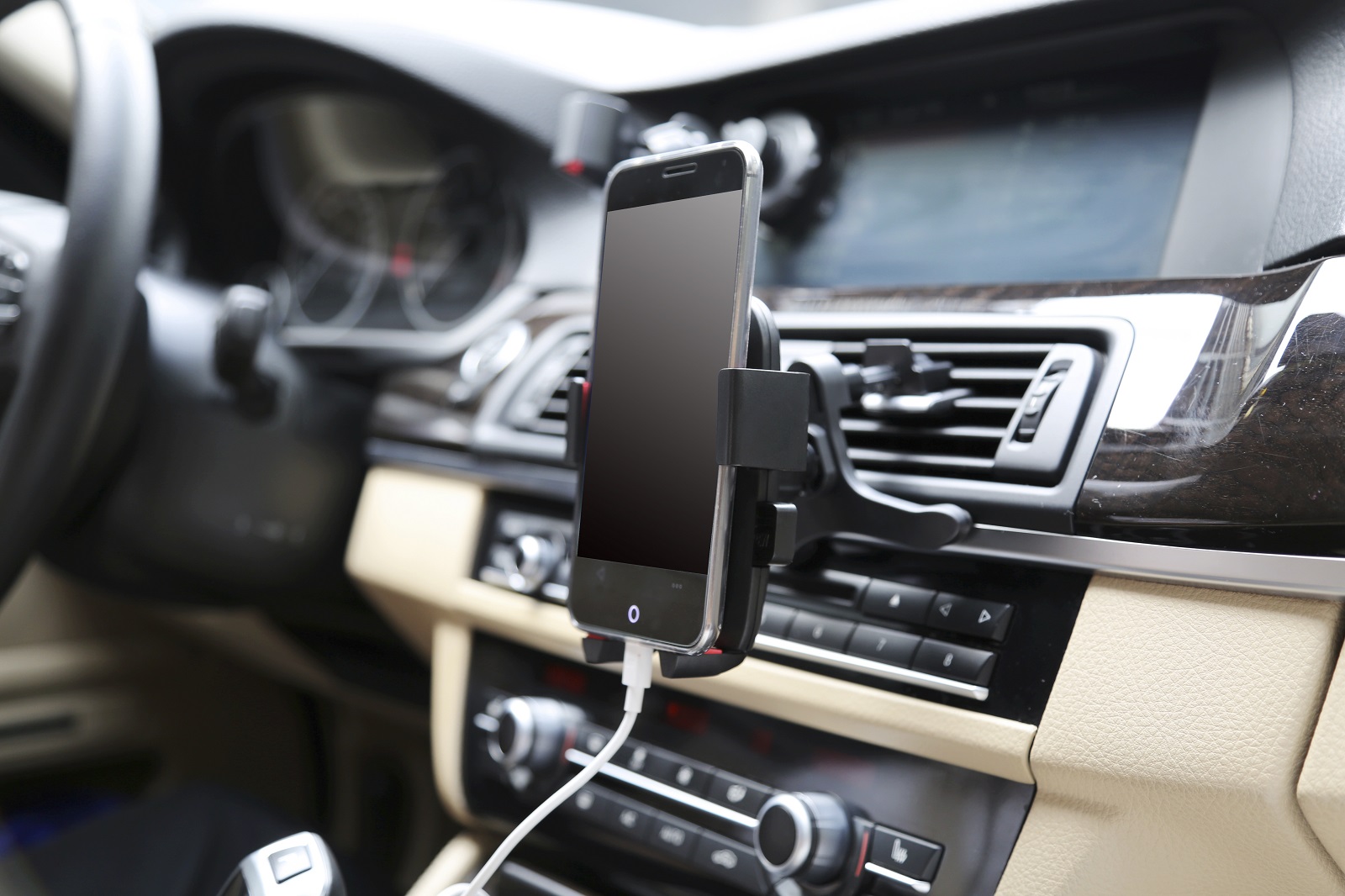
Image Credit: Shutterstock
/ helena0105
While you can’t stop your car from collecting data entirely, there are steps you can take to protect yourself. Regularly review your car’s privacy settings, limit the use of connected apps, and be cautious about syncing personal devices to your vehicle. If you’re involved in a legal situation, consult with an attorney who understands the implications of vehicle data and can advise you on how to handle it in court.
Your Car Knows More Than You Think
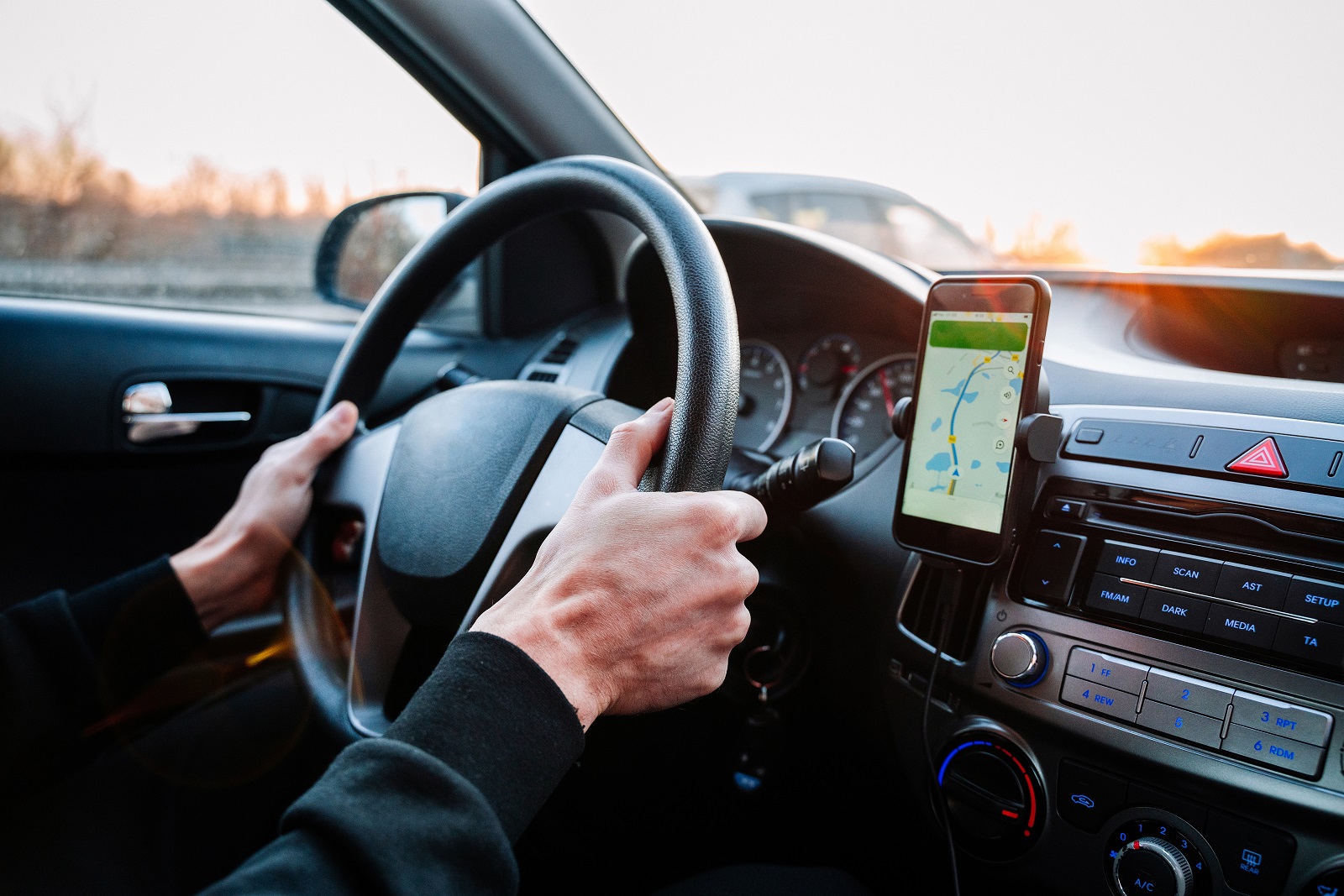
Image Credit: Shutterstock / MVelishchuk
The convenience of modern car technology comes with a hidden cost—your privacy. From GPS tracking to black box data, your car is constantly collecting information that can be used against you in court. Are you prepared to face the legal implications of your car’s digital footprint, or is it time to take control of your data privacy?
Police Magnet: 7 Cars That Guarantee You’ll Get Pulled Over
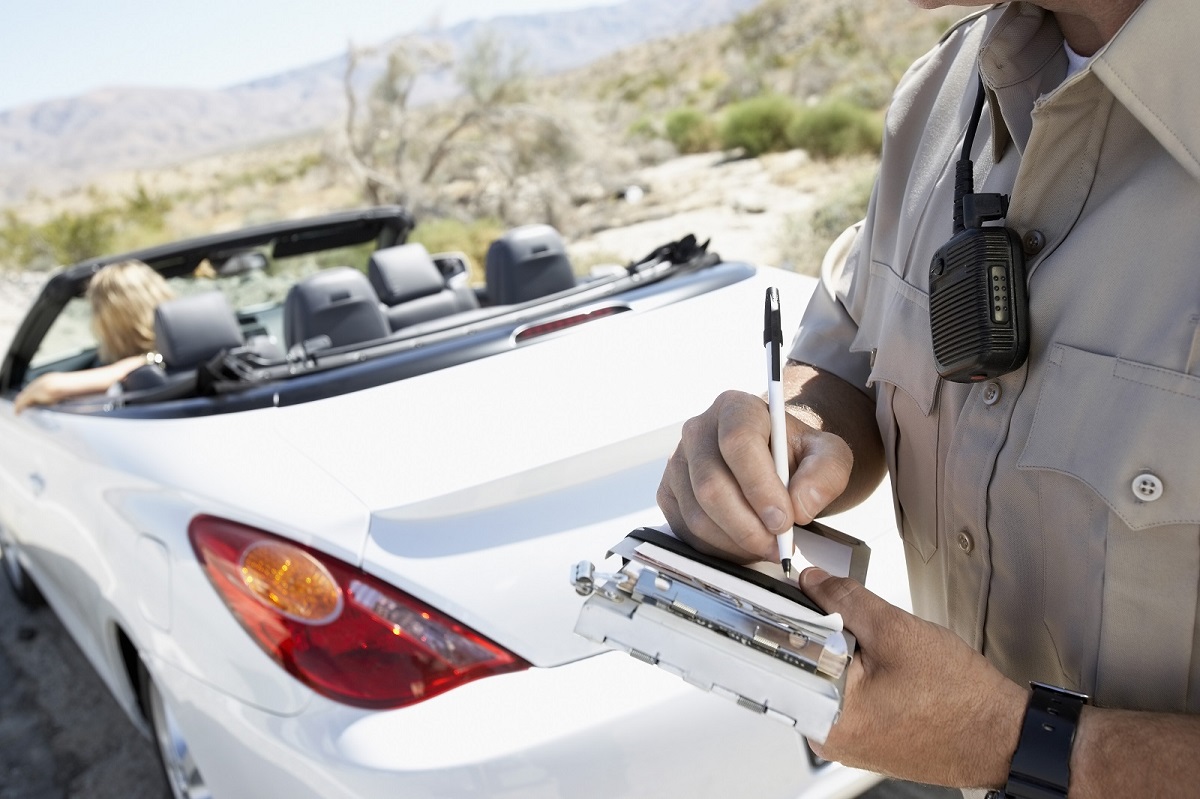
Image Credit: Shutterstock / sirtravelalot
Driving certain cars can make you more noticeable to law enforcement, even if you’re abiding by all the rules. Are you driving one of these “police magnets”? Here are seven cars that seem to attract more police attention than others. Police Magnet: 7 Cars That Guarantee You’ll Get Pulled Over
The Classic Cars That Were Total Clunkers

Image Credit: Pexels / Pixabay
Nostalgia has a funny way of making the past seem better than it was, especially when it comes to cars. But here’s the hard truth: some of those “classic” cars your dad raves about were real clunkers. Here’s a closer look at why some of those so-called “classics” weren’t all they were cracked up to be. The Classic Cars That Were Total Clunkers
The Worst U.S. Cars Ever Made: A Retro List
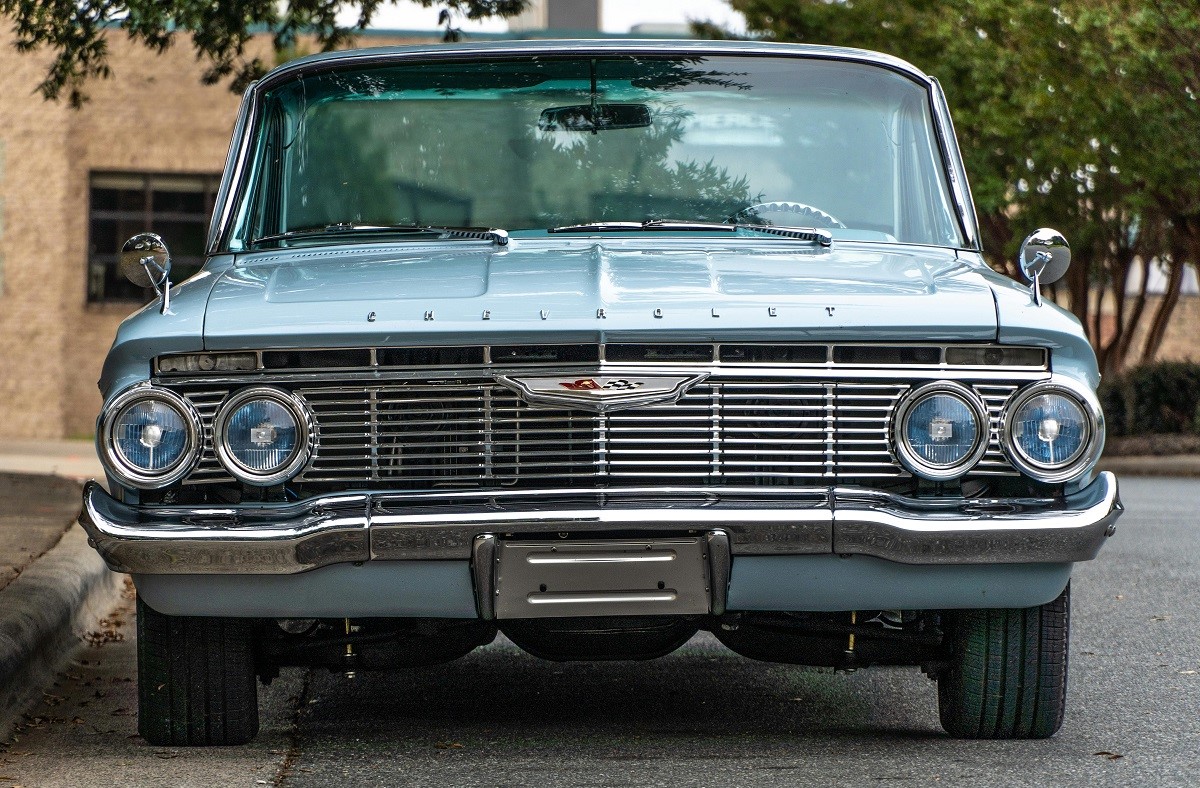
Image Credit: Pexels / Be The Observer
The U.S. auto industry has produced some incredible vehicles, but not every model was a hit. Here’s a look back at 16 of the worst cars ever made in the U.S., each infamous for its own unique flaws. The Worst U.S. Cars Ever Made: A Retro List
Featured Image Credit: Shutterstock / metamorworks.
The content of this article is for informational purposes only and does not constitute or replace professional advice.
The images used are for illustrative purposes only and may not represent the actual people or places mentioned in the article.
For transparency, this content was partly developed with AI assistance and carefully curated by an experienced editor to be informative and ensure accuracy.
